How to split from single row to multiple rows? There is a new line break in the ColumnC.
So if click edit I'll get this:

Finally got it used this below: select it.ColumnA, it.ColumnB, REGEXP_SUBSTR((rtrim(translate(Lower(it.ColumnC), chr(10)||chr(11)||chr(13), '$'), '$')),'[^$]+', 1, LEVEL) from myTable it CONNECT BY REGEXP_SUBSTR((rtrim(translate(Lower(it.ColumnC), chr(10)||chr(11)||chr(13), '$'), '$')),'[^$]+', 1, LEVEL) IS NOT NULL GROUP BY it.ColumnA, it.ColumnB, REGEXP_SUBSTR((rtrim(translate(Lower(it.ColumnC), chr(10)||chr(11)||chr(13), '$'), '$')),'[^$]+', 1, LEVEL)
